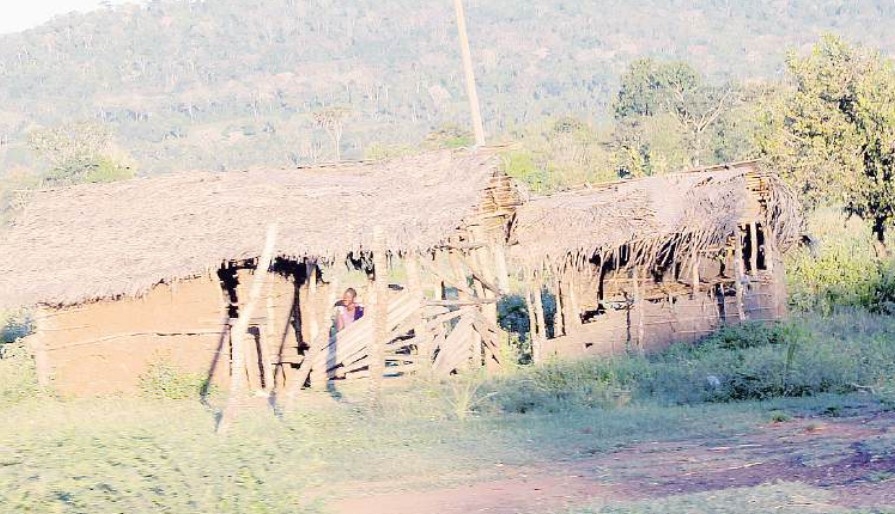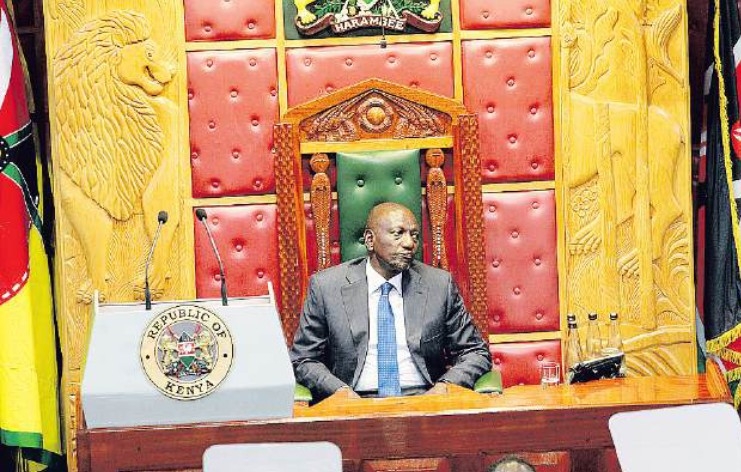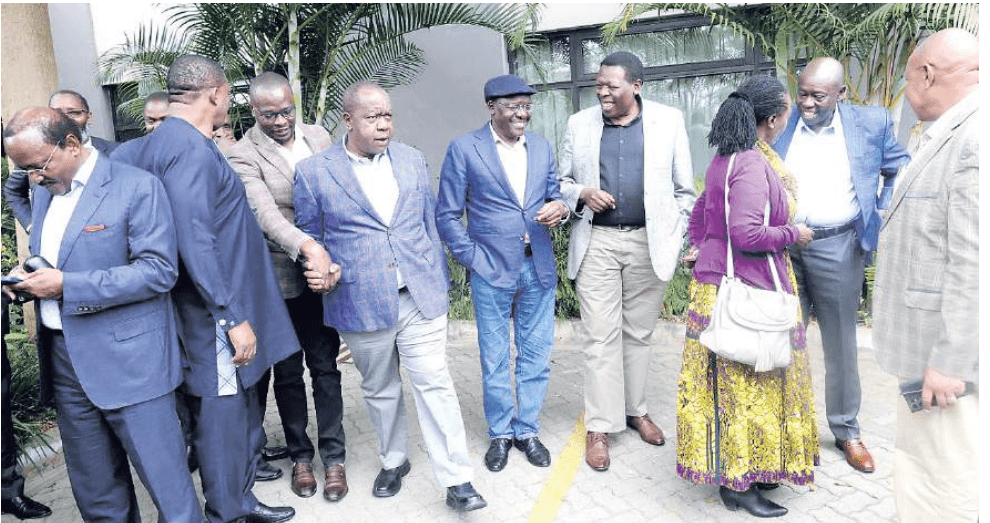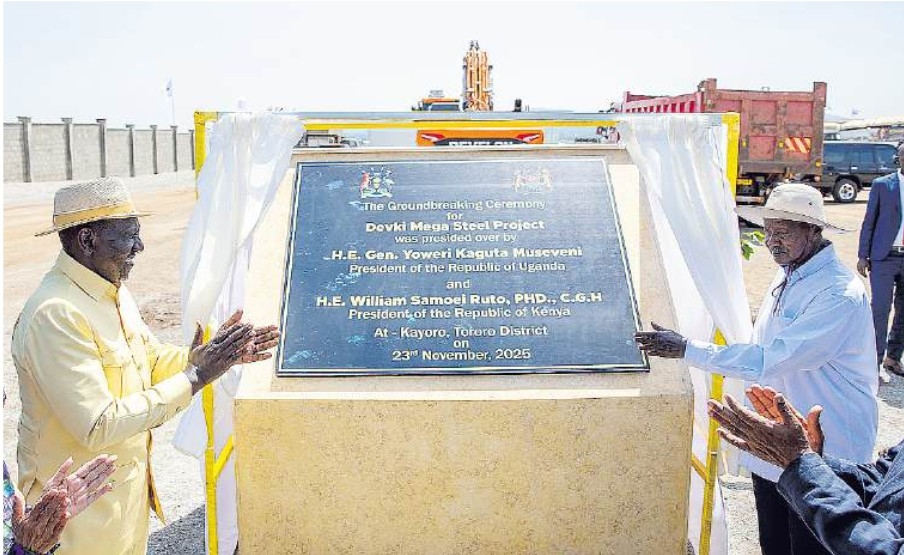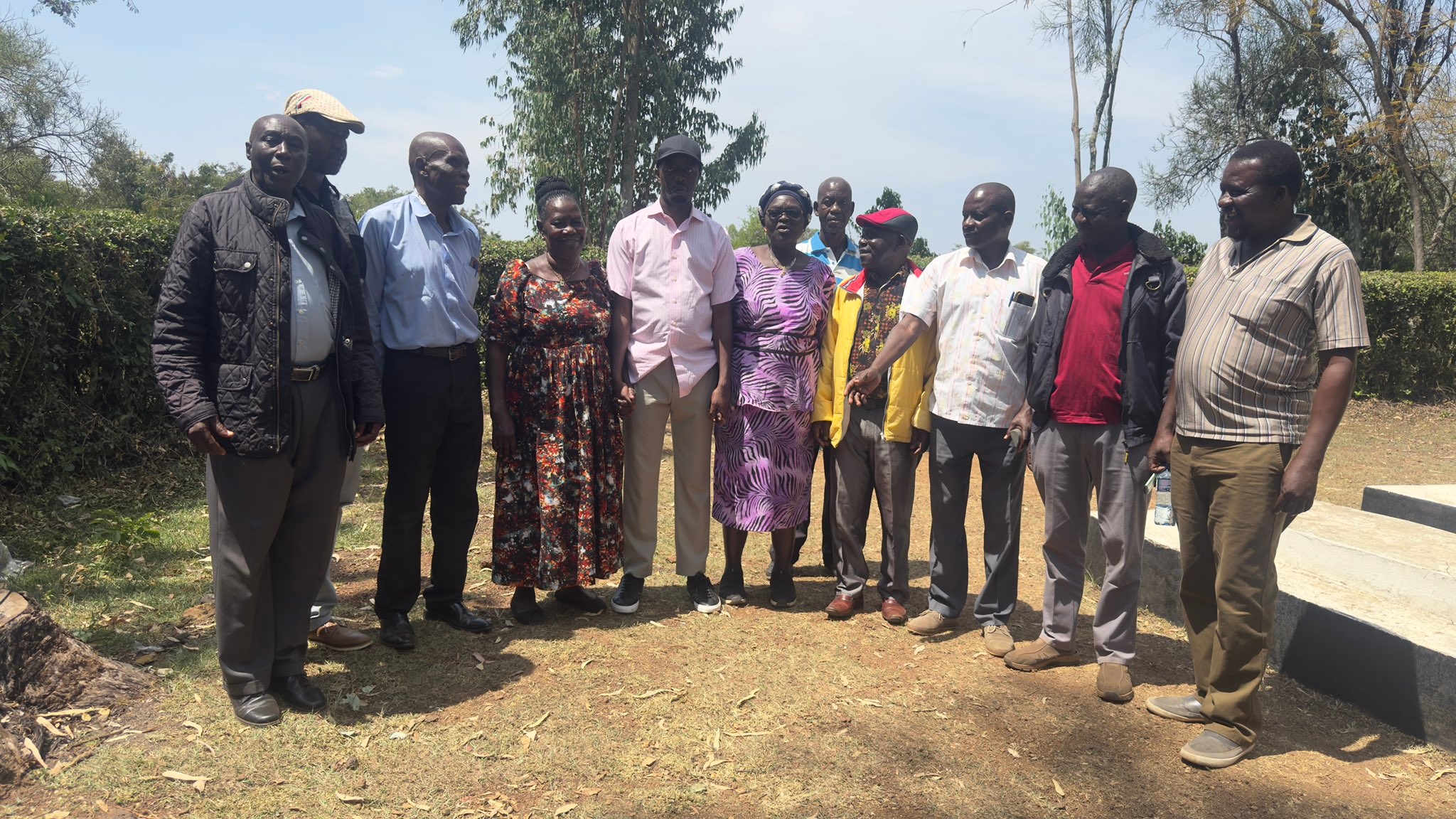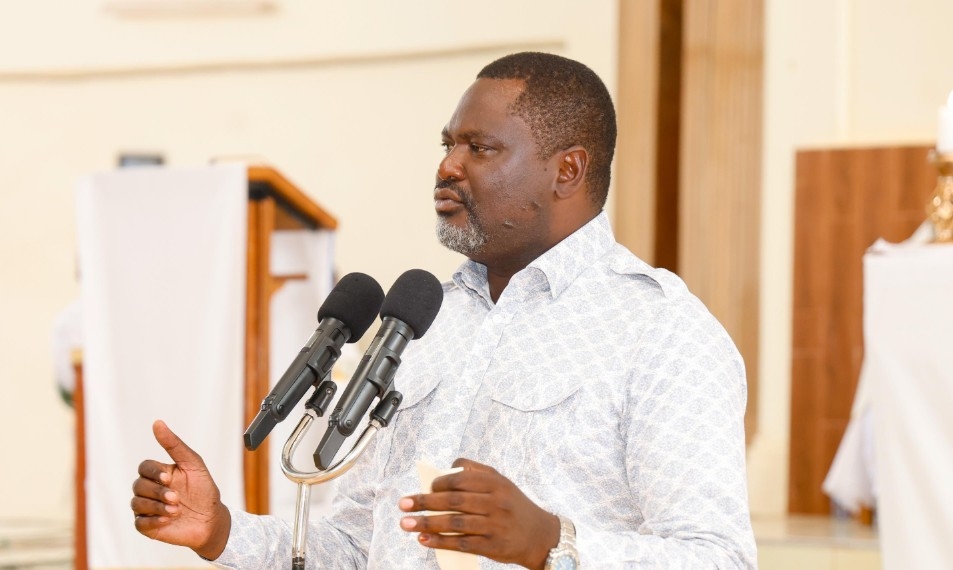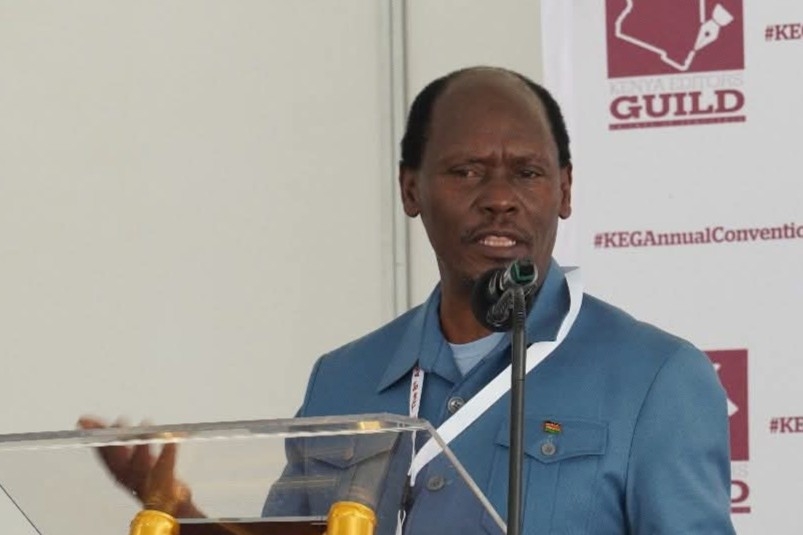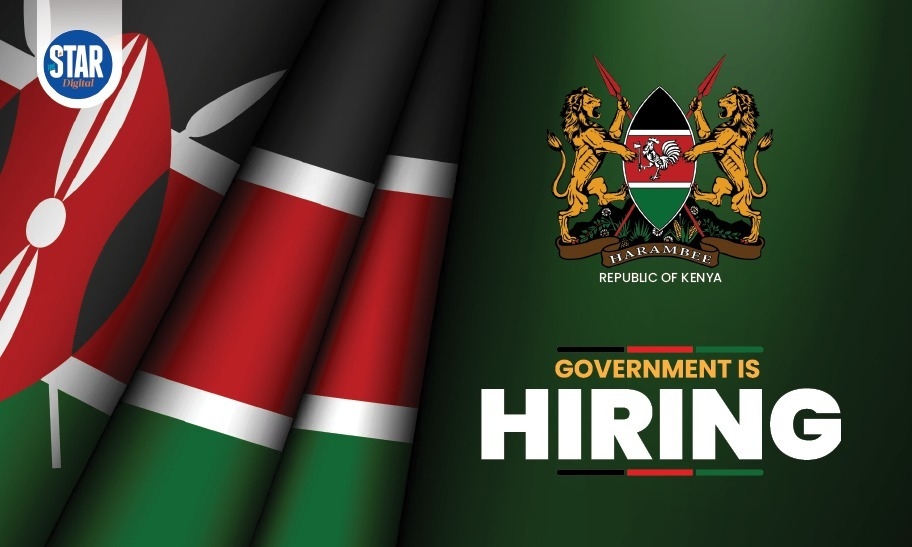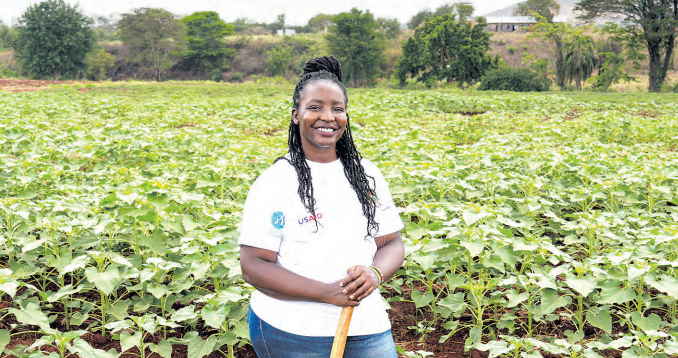
Linda Kamau is emerging as a beacon of hope for low-income farmers in arid parts of Embu county.
At just 39, Linda has defied the odds and carved out a niche in the field.
She is on a mission to revolutionise farming practices through the use of state-of-the-art agricultural technologies with her company, SowPrecise Africa. Linda is a proud graduate of the Young African Leaders Initiative (YALI) sponsored by the United States.
She is not only leveraging her passion for agriculture but also changing the narrative of doing farming in dry areas. “I realised that farmers have a big challenge of getting affordable and accessible solar-powered irrigation systems,” she says, gesturing towards rows of flourishing sunflower and maize.
Through her groundbreaking initiative, SunRider, she offers affordable solar-powered irrigation systems tailored to the unique challenges faced by smallholder farmers in the region.
SunRider is an affordable solar-powered irrigation system specifically designed for low-income farmers. Local farmers previously relied on conventional methods of irrigation, such as use of diesel-powered generators to pump water.
SELLING POINT
At Gachuriri village in Mbeere South, a few kilometres from her home, Linda has leased a 20-acre farm, where she currently grows sunflower, water melon, maize and sweet potatoes.
It serves as a demonstration farm for farmers from the entire region. When we visit, the plants are green, a striking contrast to the arid landscape surrounding it.
The project utilises water from Nyamindi River, which was leased in 2020 with a renewable five-year lease. As she takes us round the farm with her team amid the scorching afternoon sunlight, Linda is resolute and buoyant that this innovation will transform agribusiness in Embu.
She envisions a future where all the farmers can have access to resources and technologies to help them turn their dried lands productive.
She is only just beginning and is determined to empower communities one farm at a time. Each plant here stands as a testimony to the possibility of growth even in challenging conditions.
“Even though we have many companies in the country providing solar power services, what distinguishes us from them is that we do not expect low-income farmers to own them because they are expensive,” she says.
Farmers, she says, pay a “small fee” to use it. One unit of SunRider replacing a diesel-power irrigation system mitigates about 1.28 metric tonnes of CO2, which is equivalent to carbon absorbed by 59 mature trees in one year, she says.
There are currently at least five farmers from the area who have embraced this solar technology and are the testimonies to its effectiveness and benefits. Hundreds of others, she says, have shown interest in using this technology to help as compared to traditional methods.
FUTURE PLANS
Linda’s focus is to grow the number of farmers in the area using it on a full-time basis to 30 by June 2025. She also intends to expand her reach to the similar dry areas of Makueni and Kirinyaga.
“Those who are already using it are happy because it has significantly reduced the costs they have been incurring in buying diesel,” she says. “Several others have started venturing into farming because they have realised it is less costly to use solar than generators.”
SowPrecise Company has also invented an electric cart (e-mkokoteni), which is used to move the solar panels from one area to another in large farms.
The panels are large, measuring one metre by two metres and reinforced by angle lines each weighing 25kg. To get market for their crops, they have partnered with several vegetable oil processing companies for the off-take of sunflower seeds after harvesting.
One such company is Kago organic. Beneficiaries acknowledge that solar power is the solution to irrigation farming as it drastically cuts costs of petroleum and maintenance. “What we are looking at is producing at the lowest cost per unit,” says Lawrence Gakuru, who grows garlic, ginger and maize.
He expects to earn more than expected in the next few months from the crop thanks to this technology. “For us, SunRider is a game changer considering that we are blessed with a lot of sun throughout the year. Every other time I go to the market, my question has been: what is my return on investment?” he says.
JOINING YALI
The cohort 33 graduate heard about YALI from a friend who had previously shared her inspiring experiences. Intrigued by the opportunity to enhance her leadership skills and make a difference in her community, Linda decided to apply for the course.
She was picked and later did a four-week training course on business management track at the Kenyatta University. Linda was driven to start her company by the fact that Kenya does not meet its vegetable oil seeds needs.
“We produce only 34 per cent, yet we have more than 10 million farmers living in arid and semi-arid areas with rivers running across them, but they have no accessible and affordable irrigation to meet those needs,” she says.
“We need vegetable oil seeds but we do not have the capability to irrigate our farms using the existing traditional methods like diesel, petrol or even manual irrigation.”
After some months in the village, trying to find a way to implement the skills and knowledge acquired, an opportunity to apply for the funds came knocking. YALI keeps track of its alumni, sending communications on every opportunity for the youth.
“Amongst those emails, I saw an application for the fund and decided to apply,” she says. As fate would have it, she became lucky to get a grant of Sh3.9 million ($30,000).
The transformational fund, along with technical support, enabled her to enhance the organisational structures and processes of the company and utilise it to assist smallholder farmers.
Linda is one of the 5,000 YALI graduates from the East African region. USAid Kenya and East Africa Mission director David Gosney says there are at least 20,000 graduates throughout Africa working to transform their communities through such initiatives.
YALI, an initiative launched by the US government in 2010, aims to cultivate the next generation of African leaders. There are several Regional Learning Centres (RLCs) across Africa supported by USAid. YALI’s RLC for East Africa is located at the Kenyatta University main campus.
These centres offer leadership training to youth aged 18-35 across three tracks of business and entrepreneurship, civic leadership and public management. After completing the four-week programme, participants join alumni chapters in their home countries to tackle community challenges.
Since its establishment in 2015, the YALI RLC has graduated more than 5,600 young leaders from 14 East and Central African countries, with more than 1,800 graduates from Kenya alone.
These young leaders come from diverse backgrounds and sectors. YALI and USAid continue to engage with alumni through webinars, competitive grants and networking opportunities.
At the 2022 US-Africa Leaders’ Summit, the US announced an additional $100 million investment in YALI to enhance leadership training, mentoring and partnerships focused on economic opportunities, digital connectivity, gender equality and social inclusion.





![[PHOTOS] Ruto present as NIS boss Noordin Haji's son weds](/_next/image?url=https%3A%2F%2Fcdn.radioafrica.digital%2Fimage%2F2025%2F11%2Ff8833a6a-7b6b-4e15-b378-8624f16917f0.jpg&w=3840&q=100)

